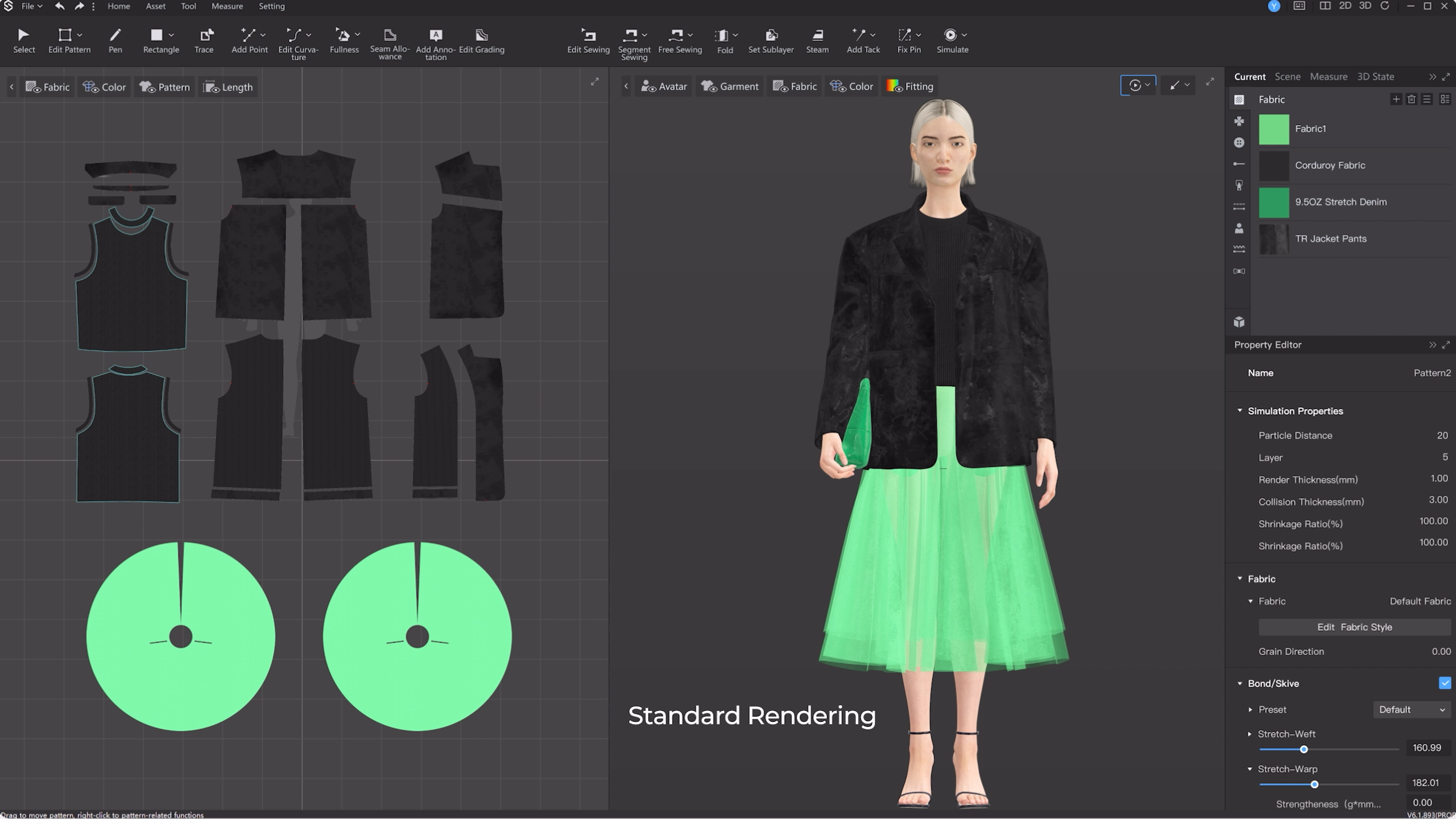The Future of Fashion: How Artificial Intelligence is Revolutionizing the Industry
In recent years, the fashion industry has witnessed a significant transformation, thanks to the integration of Artificial Intelligence (AI). This cutting-edge technology is not just a buzzword; it’s a game-changer that’s reshaping how designers create, how brands market, and how consumers shop.
AI in Design and Production
One of the most exciting applications of AI in fashion is in the design and production process. Traditional methods of creating garments often involve numerous iterations, which can be time-consuming and costly. However, with AI, designers can now leverage advanced algorithms to predict trends, generate design ideas, and even simulate how fabrics will drape on different body types. Companies like Style3D are at the forefront of this revolution, offering tools that allow designers to create virtual prototypes with incredible accuracy.
Personalized Shopping Experiences
AI is also enhancing the shopping experience for consumers. By analyzing vast amounts of data, AI can provide personalized recommendations, ensuring that customers find exactly what they’re looking for. This level of customization not only improves customer satisfaction but also increases the likelihood of repeat purchases. Imagine walking into a store where the AI system already knows your preferences and suggests outfits tailored just for you—this is the future that AI is making possible.
Sustainability and Efficiency
Another critical area where AI is making a significant impact is in sustainability. The fashion industry is notorious for its environmental footprint, but AI is helping to mitigate this by optimizing supply chains, reducing waste, and improving resource management. For instance, AI can predict demand more accurately, reducing overproduction and minimizing unsold inventory. This not only benefits the environment but also improves the bottom line for fashion brands.
Challenges and Ethical Considerations
While the benefits of AI in fashion are undeniable, it’s essential to address the challenges and ethical considerations that come with it. Issues such as data privacy, job displacement, and the potential for bias in AI algorithms need to be carefully managed. As the industry continues to evolve, it’s crucial for stakeholders to work together to ensure that AI is used responsibly and ethically.
Conclusion
The integration of Artificial Intelligence into the fashion industry is no longer a distant dream—it’s a reality that’s unfolding before our eyes. From design and production to personalized shopping and sustainability, AI is revolutionizing every aspect of the industry. As we move forward, it’s essential to embrace this technology while also being mindful of the challenges it presents. The future of fashion is here, and it’s powered by AI.
